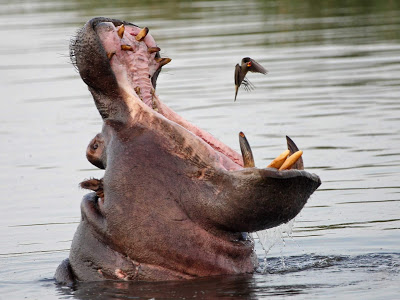
Turkey: Officials have taken steps to make it more difficult and more expensive to short the lira, but that did not prevent a 5% slide ahead of the weekend. There is no interest rate, within reason, that can compensate for such currency risk.
When S&P cut its sovereign credit rating to B+ from BB- and retained a stable outlook, it did not cite the dispute over the pastor.Moody’s cut Turkey’s rating to Ba3 from Ba2 and revised the outlook to steady. It explained that “The key drivers for today’s downgrade is the continuing weakening of Turkey’s public institutions and related reduction in the predictability of Turkish policymaking.”
Despite the parallels that are being drawn with the 1997-1998 Asian Financial Crisis, Turkey is not essentially a currency crisis.The precipitous decline in the currency is a reflection of another crisis, and that is a crisis of confidence over its policies, which seem to purposefully disregard the requirements of capital.Tightening regulations, a promise of investment by Qatar, and the release of the Brunson will not be sufficient to attract investors.Indeed, even if officials were to stabilize the currency near current levels, the economic consequences will be severe.High inflation and a recession are all but avoidable, and a banking crisis seems probable.
Although at first, the meltdown in Anarka spurred a broad risk-off move, which seemed emotional and exaggerated, by the end of last week, Turkey’s woes seemed more idiosyncratic than systemic.Suggestions by some economists that given the speed at which the external balance will adjust, the lira is cheap relative to models of fair value seem premature.We share S&P’s concern that “absent quick and decisive action” the economic, financial, and fiscal costs could escalate.The pain already being inflicted on Turkey has not been sufficient to get Erdogan to capitulate.
S&P also noted risks stemming from its international relations.On the one hand, as a member of NATO, it is under the nuclear umbrella.The EU has failed to find an accommodation to integrate Turkey economically.The doubling of US tariffs on steel and aluminum imports from Turkey is in response to the sharp depreciation of the lira, not the dispute over Brunson.The US warned that more sanctions will be forthcoming if Brunson is not released.Turkey’s interests have diverged from the US in Syria and Afghanistan.We continue to suspect that unless some bold, creative leadership emerges, there is a reasonably good chance that Turkey leaves NATO.At the same time, what is seen as heavy-handedness by the US may encourage other countries to assist Turkey in modest ways to minimize the impact.
China: Officials have taken several steps to discourage shorting the yuan.The PBOC has set the fix (reference rate) stronger-than-expected for the yuan in recent days.It has taken regulatory steps to increase the cost of shorting the yuan.Officials also reduced offshore liquidity, and some have suggested officials may have intervened through state-owned banks in the offshore market.One of the important, and often overlooked drags on the yuan, has been falling interest rates, both in absolute terms and relative to the US.Both three-month SHIBOR and the government’s 10-year yield stabilized last week.













Leave A Comment